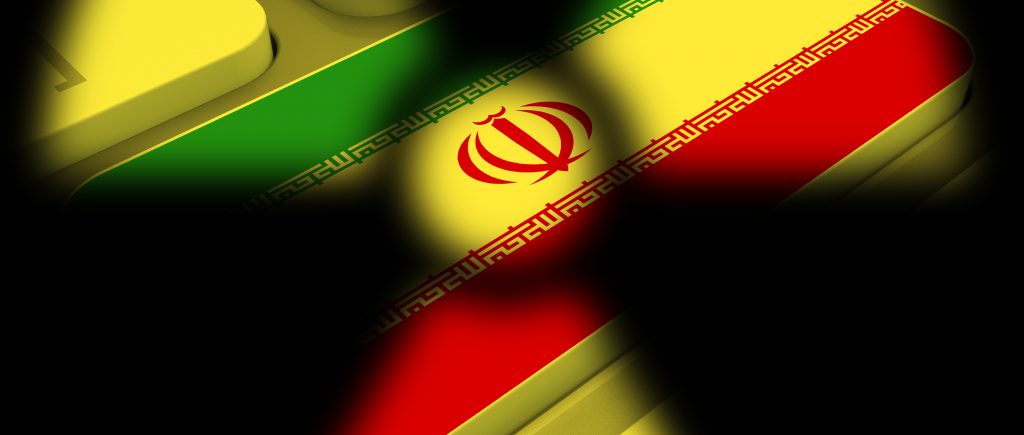A Shift in U.S. Policy?
President Donald Trump recently hinted at the possibility of engaging in direct talks with Iran, a move that could reshape the volatile dynamics of the Middle East. During a press interaction, Trump revealed he would hold a meeting within the hour to address the ongoing Iran-Israel conflict, emphasizing a desire to resolve tensions swiftly. His remarks, including an openness to hosting Iranian leaders at the White House, suggest a potential pivot toward diplomacy. Yet, his statement that Iran was “a few weeks away from a nuclear weapon” underscores the urgency and high stakes of any negotiations. This dual approach—openness to dialogue paired with serious warnings—marks a critical moment for U.S. foreign policy in the region.
The market response was immediate. WTI crude oil prices dropped from $73.94 to $72.14, reflecting uncertainty about potential de-escalation. Similarly, gold prices fell from $3,380 to $3,368, signaling a cautious market outlook. These shifts highlight the global economic sensitivity to developments in U.S.-Iran relations.
A Complex Conflict
The Iran-Israel conflict remains a flashpoint, with both nations entrenched in longstanding hostilities. Trump’s comments suggest a pragmatic approach, acknowledging Israel’s relative stability while leaving room for diplomatic engagement with Iran. His remark that “anything could happen” when asked about the potential collapse of the Iranian regime points to the unpredictability of the situation. However, his reluctance to fully commit—”I have not made a final decision yet”—indicates a cautious strategy, balancing pressure with the possibility of dialogue.
Historically, U.S.-Iran negotiations have been fraught, from the 2015 nuclear deal to its unraveling in 2018. Trump’s insistence that Iran “should have made the deal” reflects frustration with past failures but also hints at an opportunity to revisit negotiations. Unlike previous confrontational stances, the current openness to talks could signal a new chapter, though skepticism remains given the region’s complexity.
What Lies Ahead?
For progress, any talks must address Iran’s nuclear ambitions and regional influence while ensuring Israel’s security concerns are met. The challenge lies in crafting a framework that both sides can accept without escalating tensions further. Recent data from the International Atomic Energy Agency suggests Iran’s nuclear program continues to advance, raising the stakes for timely diplomacy. Meanwhile, Israel’s robust defense capabilities, as noted by Trump, provide a backdrop of strength that could either deter or complicate negotiations.
The path forward requires clear commitments. A structured dialogue, potentially mediated by neutral parties, could stabilize the region. However, any misstep risks inflaming tensions, impacting global markets and security. Trump’s willingness to engage directly with Iran offers a rare opportunity, but success hinges on navigating the delicate balance of power in the Middle East.

 Noor Trends News, Technical Analysis, Educational Tools and Recommendations
Noor Trends News, Technical Analysis, Educational Tools and Recommendations




